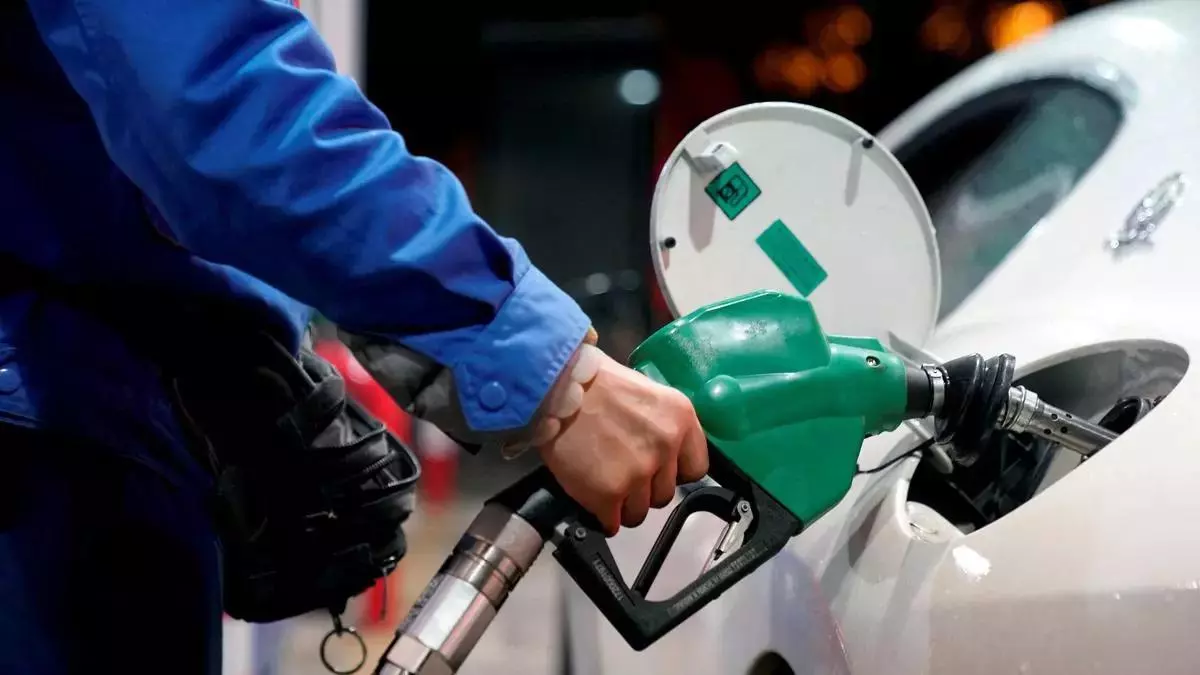The sale of diesel is experiencing a decline, and there are multiple factors contributing to this trend. One of the main reasons for the decline is the ever-increasing regulations imposed on diesel vehicles. Governments around the world are implementing stricter emission norms, with a focus on reducing pollution levels. As a result, consumers are gradually shifting towards cleaner alternatives like petrol, hybrid, and electric vehicles.
Another factor that has affected diesel sales is the shrinking price gap between petrol and diesel. Historically, diesel was priced lower than petrol, making it an attractive choice for vehicle owners looking for cost-effective fuel. However, with advancements in technology and the refining process, the price gap between the two fuels has reduced significantly. This has reduced the cost advantage of using diesel, leading to a decrease in its demand.
Additionally, diesel has a shorter shelf life compared to petrol. Diesel tends to deteriorate faster, especially when stored for long periods. This poses a challenge for industries and businesses that rely heavily on diesel power generators, such as construction sites, remote locations, and backup power systems. The shorter shelf life adds to the cost of maintenance and storage, further discouraging the use of diesel.
The declining sales of diesel have a significant impact on various industries. The automotive sector, which heavily relies on diesel engines for commercial vehicles, is witnessing a shift towards alternative fuels. This shift not only impacts vehicle manufacturers but also has implications for the entire diesel supply chain, including fuel retailers and distributors.
The decline in diesel sales also has environmental implications. Diesel engines are known for their higher emissions of pollutants, including nitrogen oxides (NOx) and particulate matter (PM). With the focus on reducing pollution and promoting cleaner fuels, the decline in diesel sales aligns with sustainable development goals.
In conclusion, the decline in diesel sales can be attributed to regulations, the shrinking price gap between petrol and diesel, and the short shelf life of diesel. This shift away from diesel is driven by factors such as government policies, changing consumer preferences, and environmental concerns. The industry needs to adapt to these changing dynamics and explore alternative fuel options to stay competitive in the evolving market.











